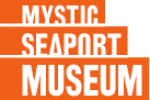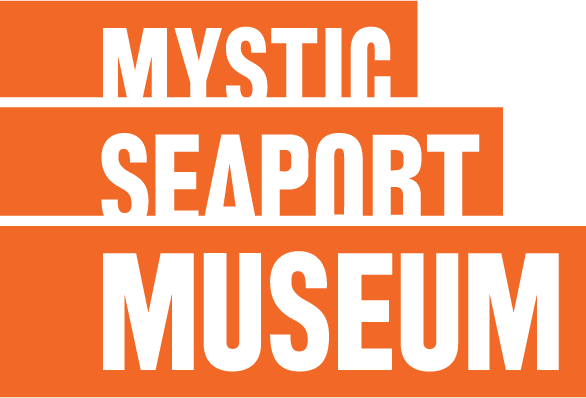
Mystic Seaport is contributing the content of some of the logbooks in its collections to support the work of Old Weather: Whaling, a crowd-sourced research initiative that will help scientists analyze historical data from whaling logbooks, in an effort to improve the collective understanding of long-term climate variability and weather patterns, from the 19th century into the future.
Old Weather: Whaling is the sister project of Old Weather, a successful ongoing project led by the National Oceanic and Atmospheric Administration (NOAA), the University of Washington and Zooniverse, the citizen science web portal. Similar to the original Old Weather, Old Weather: Whaling (OWW) is about citizens extracting historic weather measurements and other data from ship logs. However, OWW offers particular focus on observations of sea ice, which many whaling ships sailed through and documented while navigating Arctic waters.

“Mystic Seaport is excited to be able to use the artifacts in our collections to assist scientists and other researchers to add to the body of knowledge on climate patterns,” said Paul O’Pecko, Vice President, Collections and Research at Mystic Seaport.
The Museum has contributed the project’s original data sources (logbooks and journals) along with the New Bedford Whaling Museum, Providence Public Library, the Nantucket Historical Association, Martha’s Vineyard Museum, and the New Bedford Free Public Library. Weather and sea-ice data from these sources will be transcribed via the Old Weather project and integrated into existing global data sets. High-resolution images of historical documents, extracted data, and related research products will be provided to project partners and collaborators, and freely available online.
The crowd-sourcing model of Old Weather allows for any and all to become citizen scientists and contribute to the initiative. “Volunteer citizen-scientists who join Old Weather can make real contributions to our understanding of one of the most important scientific questions of our time,” said Kevin Wood, a climate scientist with NOAA and the University of Washington Joint Institute for the Study of the Ocean and Atmosphere (who helped develop the Old Weather Project). “The data that volunteers extract from logbooks will drive climate and sea-ice models, which will assist in future climate predictions.”
For more information or to become a citizen scientist, visit whaling.oldweather.org.

